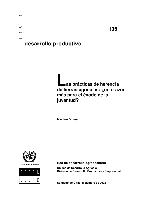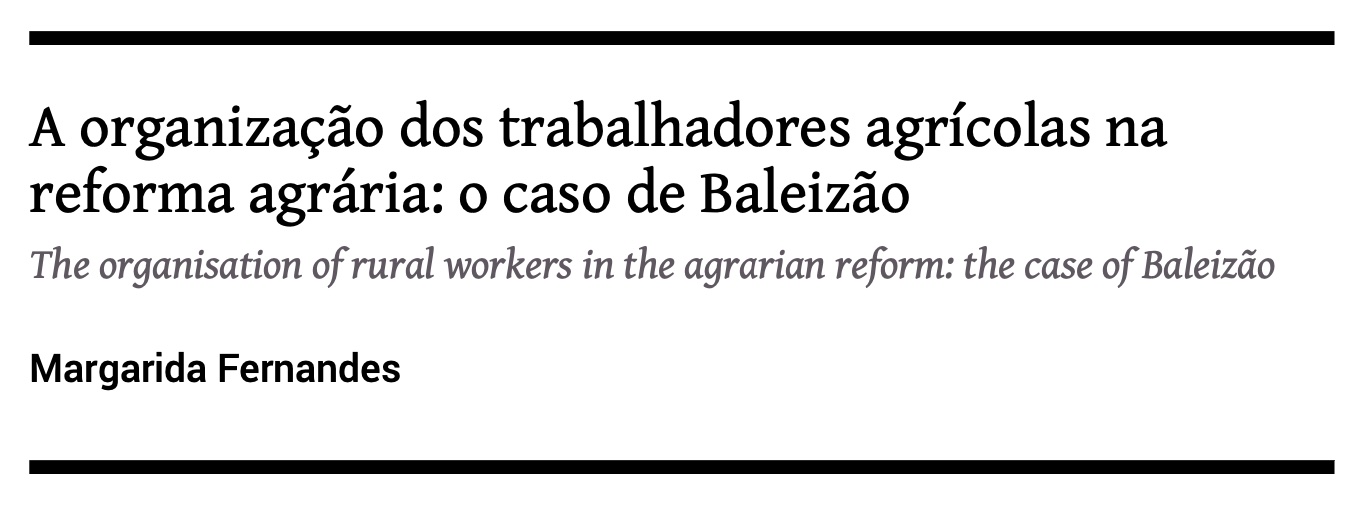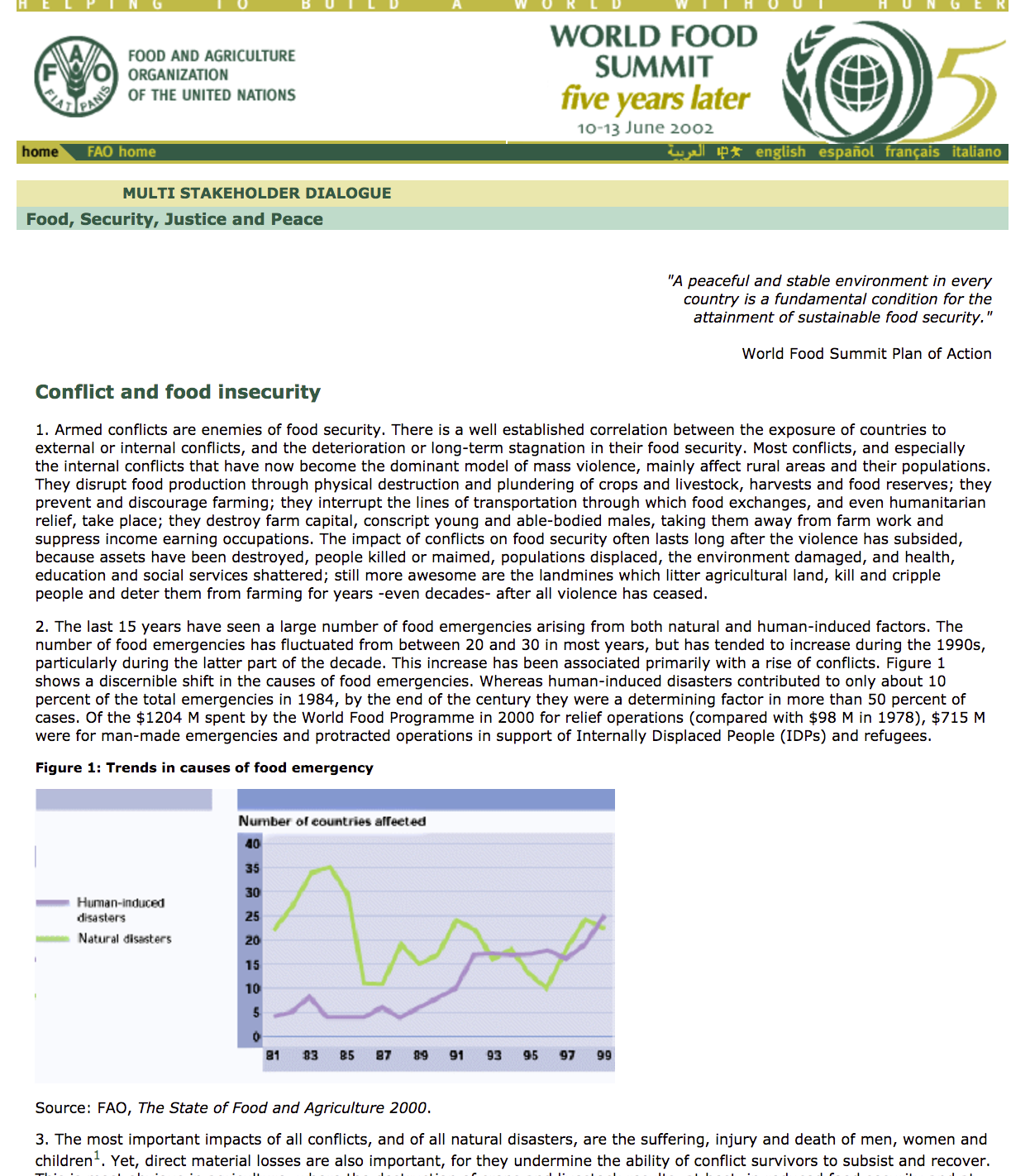HIV/AIDS, food security and rural livelihoods
There is hardly need these days to repeat that HIV/AIDS is devastating African societies and economies, threatening the hard-won human development gains of the past several decades. The changes to the development landscape wrought by AIDS demand a review of existing development actions at many levels, from households seeking to secure viable livelihoods, to policymakers attempting to better understand and internalize the implications of AIDS for their own sectoral goals and strategies.








